The student exhibition, “The Art of Healing: Heart & Home,” uses a variety of media to explore how we heal, while acting as a sanctuary for the viewer.
-
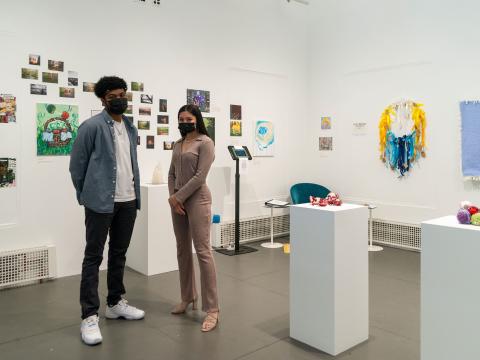
-
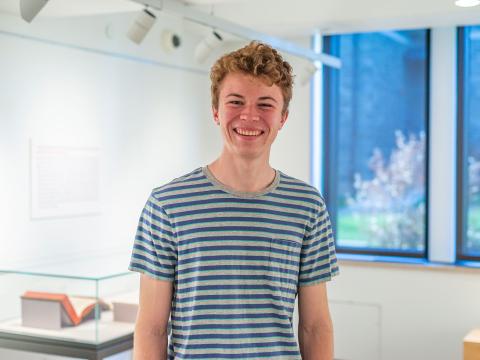
The history and English double major’s exhibit, “The Hundred Tongues of Rumor,” explores the use of misinformation and truth in times of crisis in Lutnick Library’s Rebecca and Rick White Gallery.
-
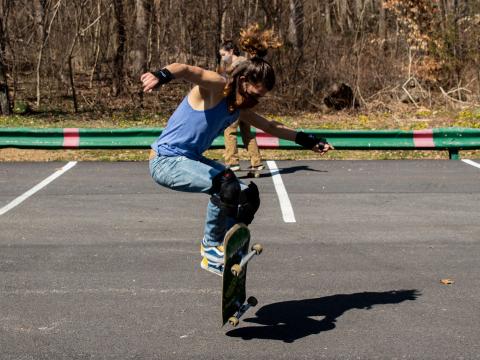
Haverford’s Skate Club provides equipment, advice, and an accepting community for students looking for fun outdoor recreation.
-
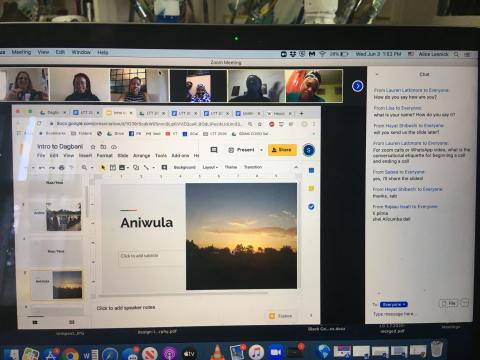
Growing out of the ten-year-old Lagim Tehi Tuma/”Thinking Together” program, this education course explores transnational and diasporic Black language study and Black studies by engaging with a community in Northern Ghana.
-
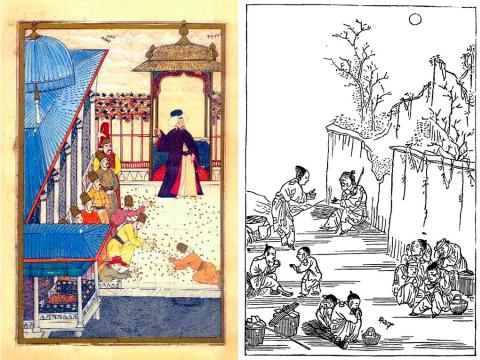
This history course investigates the origins of income inequality in the contemporary world via intensive examination of the societies of early modern China and the Ottoman Empire.
-
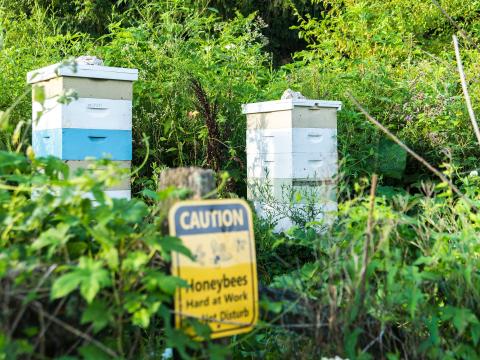
The Haverbee Club supports Haverford’s pollinating populations and educates students on the importance of bees in sustaining natural environments.
-
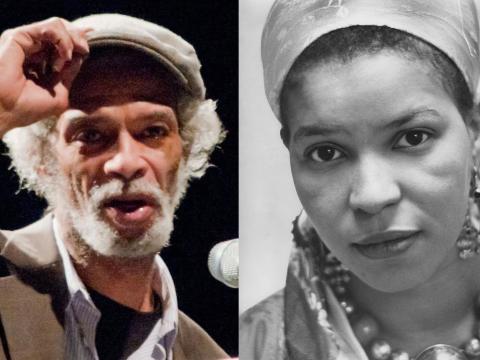
This English course, which begins with Amiri Baraka and ends with Beyonce’s “Lemonade,” explores the Black Arts Movement of the 1960s and 1970s as an essential link to 21st-century Black culture.
-
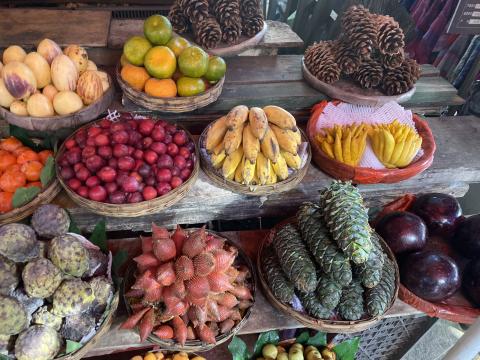
This environmental studies course explores the biology of plants using case studies of economically important plants to illuminate themes like hybridization, monoculture, and adaptation.
-

This February, the Office of Multicultural Affairs and the Black Students' League are collaborating to host events for the campus community and taking over the College's Instagram in celebration of Black History Month.
-
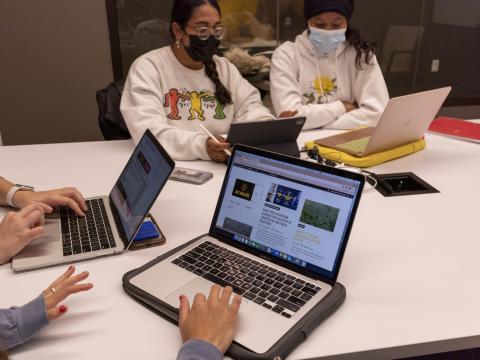
Haverford’s first STEM magazine, “Jolt,” promotes science news and journalism.
-
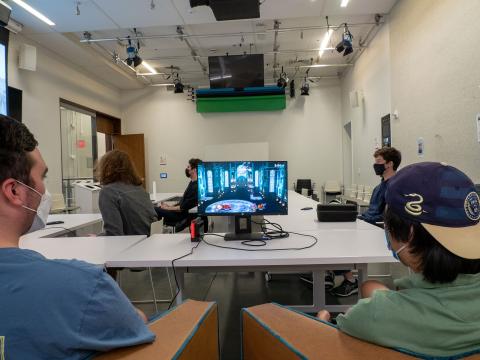
Haverford’s monthly tournament, Haverclash, has become an exciting challenge for Super Smash Bros. Ultimate fans of all skill levels.
-

This environmental studies course examines environmental and social histories of Black and Asian foods and food cultures in the U.S.
-
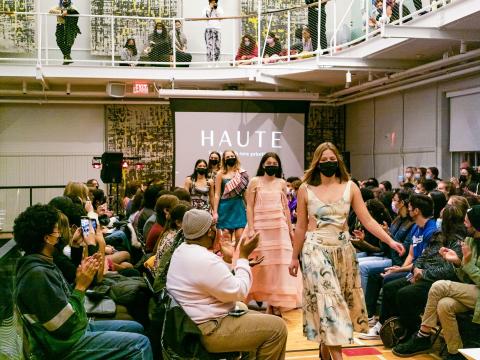
The student fashion start-up from Haverford Innovations Program’s Summer Incubator hosted a fashion show in the VCAM lounge featuring student models in the latest sustainable fashion pieces created by up-and-coming designers.
-
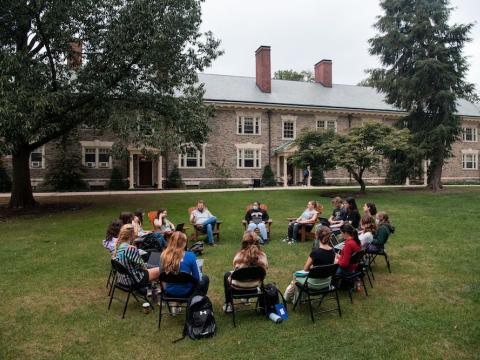
This course explores the religious origins of the modern penitentiary and religious approaches to incarceration, abolition, and social justice.
-
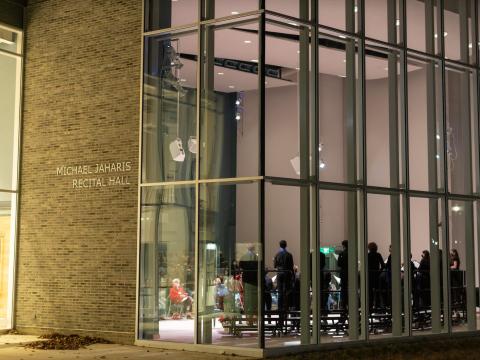
Student ensembles’ annual end-of-semester concerts looked and sounded great, thanks to the new Jaharis Recital Hall.